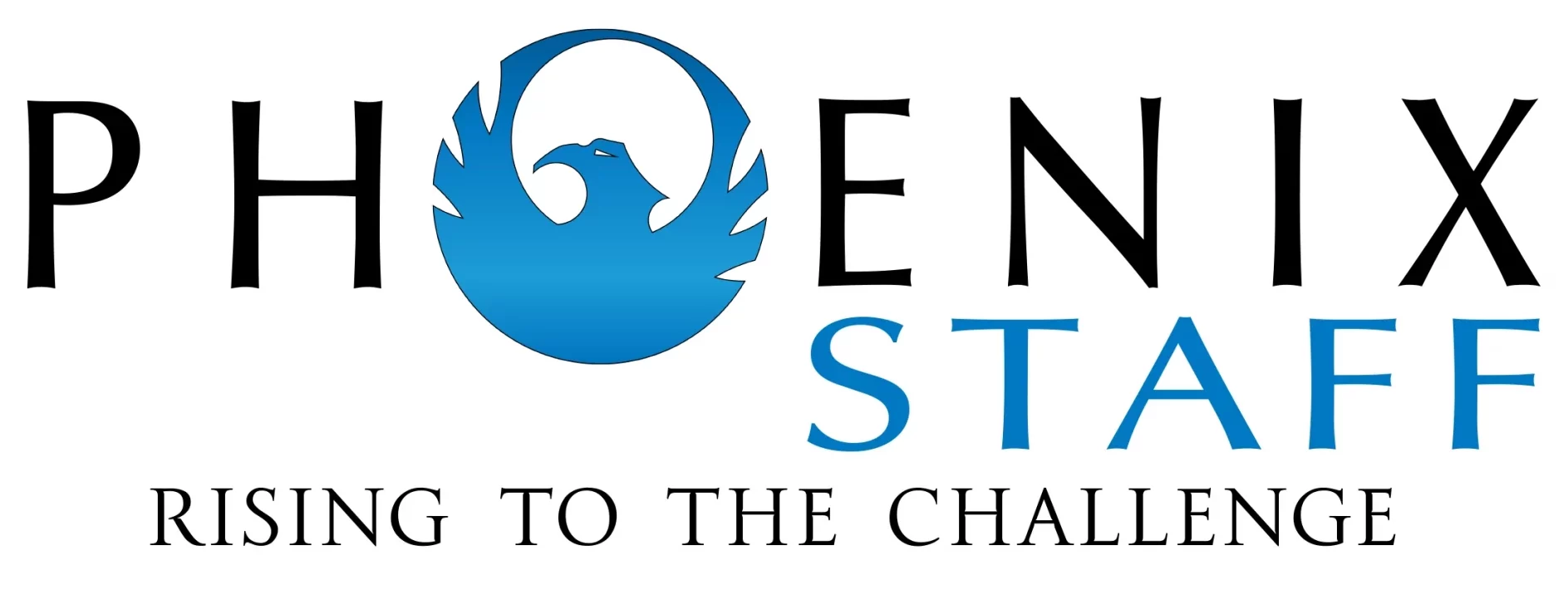You’ve taken the first step in looking for a job – you’ve carefully crafted (or recrafted) your resume, and fired it off to three, five, or even five dozen companies with openings, ready to show the world what you’ve got. But after weeks of checking your email every 5 minutes and answering all those “Unknown ID” phone calls, you still haven’t heard back from any of those jobs you just knew you were perfect for. What went wrong?
If you Google “how to make a resume,” an astounding 373,000,000 results come up, and most of the articles contradict one another on some point.
Keep your resume to a page… Make your resume as long as it needs to be.
Always start with your objective… Objectives are outdated.
Be creative with your resume… Stick to ‘tried and true’ resume formats.
It can be overwhelming, to say the least, so we’d like to give you somewhere to start. Leaving those finer points to the experts (but really, ditch the objective – it’s outdated), below are several commonly held resume writing myths that could be holding you back.
Myth 1: My resume’s goal is to put my life story on display.
Simply put, your resume is not so much about you as it is how you are a fit for the position you are seeking. While you may have started on your college basketball team or rocked the guitar since you were five, these anecdotes don’t help your prospective employer know whether he should hire you for his helpdesk. Make sure the talents and traits you list are those that are applicable to the position you seek.
Myth 2: I need to create one killer resume and post it everywhere to get noticed.
With computer screening and keyword database searches the norm, the way to get noticed is to develop your basic resume format, then adjust your keywords and details slightly to target specific job descriptions. “Job seekers in the 2014 workforce are encouraged to target their resumes based on their career fields, job duties and relevant keywords within a job description,” says Debra Ann Matthews, a professional resume writer and job coach.
Having too much detail unrelated to the job you’re applying for can actually work against you, so consider trimming unrelated work details in order to further develop those points most related to the job at hand.
Myth 3: Resumes should only include paid experience.
On the contrary, listing relevant volunteer work, time spent furthering your education or activities that have given you skills the company requires is a great way to help close gaps in employment or give substance to the resume of a first-time job seeker. If you’ve never had a job, a carefully chosen combination of extracurricular activities, leadership positions you’ve held, and volunteer work should be used to highlight your talents in a resume.
Myth 4: Personal anecdotes will help me stand out from the crowd.
Personal hobbies and activities may shore up a sparse resume, but they can also be a liability. Be careful not to list affiliations with fringe or lobbyist groups and activities that could be controversial. Remember, the hiring managers are people too. If you boast that you donated 1,000 hours to the last Republican National Convention, and the hiring manager is a staunch Democrat, your resume will look less appealing by the second.
Above all, “Don’t put strange hobbies or interests on your résumé,” says Kevin Spence, president of Career Thoughts. There are better ways to showcase your individuality. Spence recalls an applicant who listed on his résumé that he was a marionette and knife collector. “Those may both be legitimate hobbies,” Spence explains, “but my ‘serial-killer alarm’ went off. He may have been qualified for the position, but he didn’t get a call back.”
Myth 5: A great resume will land you the job of your dreams.
A strong resume will get you an interview, but only you can convince the hiring team you’re the one for the job. Don’t make the mistake of assuming you don’t need to expend just as much effort preparing for the interview as you did creating your resume and looking for opportunities. And we can help. Think you’re ready? Click here to read more on how to succeed once you’ve been selected for an interview.
For more helpful information on writing a great resume:
http://jobs.aol.com/articles/2010/07/30/resume-tips-first-impression/
http://www.businessnewsdaily.com/2286-resume-mistakes.html

